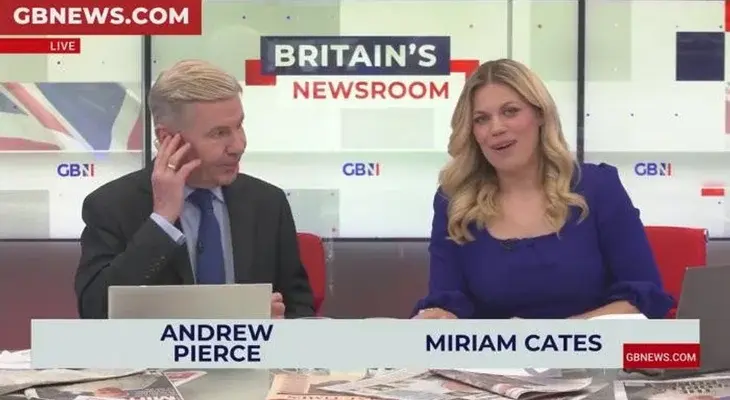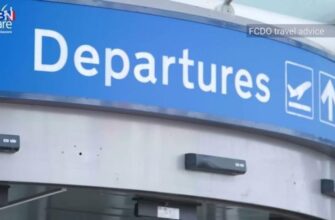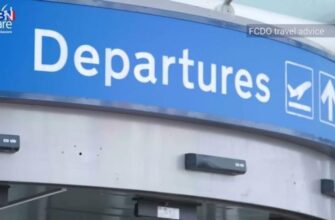## Gatwick Plans Increased Fees to Encourage Public Transport Use for Runway Expansion
Gatwick Airport has announced plans to significantly raise charges for car drop-offs and parking as part of its renewed effort to secure approval for a second runway.
The airport, currently Europe’s busiest single-runway operation, is attempting to satisfy a key requirement from the Planning Inspectorate: that at least 54% of travellers utilize public transportation to reach the facility. Currently, only 45% arrive via train or bus, contributing substantially to traffic congestion in the surrounding area.
These proposals follow a previous rejection of Gatwick’s runway expansion by Transport Secretary Heidi Alexander back in February. Officials have voiced concerns that approving the expansion without addressing existing transportation challenges would exacerbate road problems.
According to Stewart Wingate, Gatwick’s chief executive, the increased fees are intended to influence passenger choices regarding their mode of arrival.
Currently, a 10-minute car drop-off at Gatwick costs £6, applicable to both taxis and private vehicles. Each additional minute incurs an extra £1 charge, capped at £26 for a maximum stay of 30 minutes. This fee was recently raised from £5 earlier this year, prompting considerable criticism from drivers who labelled the increase as unfair.
For context:
- Heathrow charges £6 for drop-offs
- Stansted charges £7 for drop-offs
Experts suggest that further increases at Gatwick could potentially make it the most expensive London airport to access by car.
While Wingate hasn’t specified the extent of potential future fee hikes, he indicated they could be implemented as a last resort if public transport usage doesn’t improve. He explained:
“We’d be trying to influence people who were making that marginal decision of ‘should I drive and drop off or use the car parks, or should I use the rail services?’ The forecourt drop-off charge is the mechanism we can use… If we adjust that upwards, we would also make changes to the car parking tariffs as well.”
Acknowledging Gatwick’s limited control over train services, Wingate stated that adjusting fees represents a primary means of discouraging private vehicle arrivals. He emphasized that higher charges would only be introduced if other attempts to encourage public transport use prove unsuccessful.
Gatwick has committed to initially engaging with rail and coach operators, the Department for Transport, and Network Rail to explore more direct strategies for boosting public transportation adoption. Wingate stated their goal is to provide a “pragmatic, sensible and rational pathway” that reduces road congestion and enables government support for the runway expansion.
In addition to the pricing strategy, Gatwick has also agreed to reduce the noise footprint of the expanded airport from 135 square kilometres to 125 square kilometres.
A public consultation will now be launched, allowing stakeholders to provide feedback on both the runway expansion plans and the proposed parking fees. The Government is anticipated to make a final decision regarding the runway plan before an October deadline.






